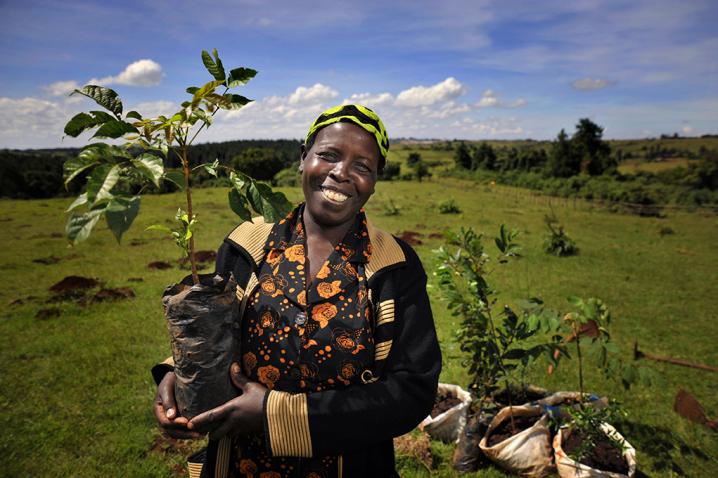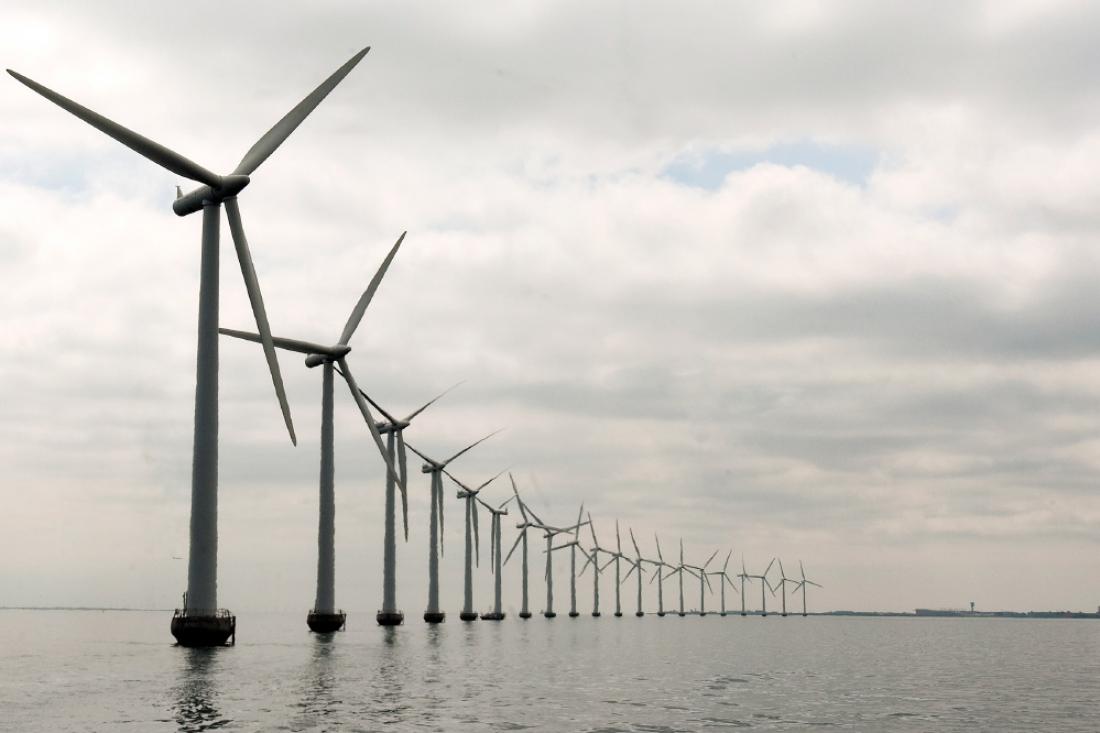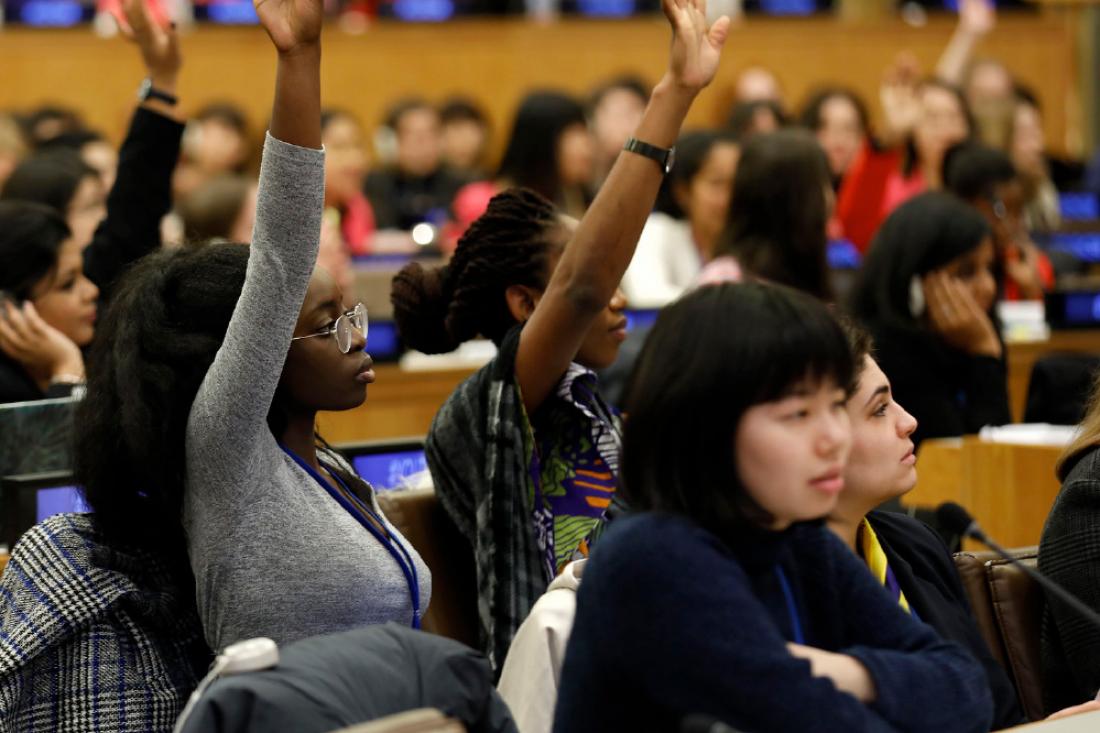The Member States of the United Nations meet at the General Assembly in New York to discuss the critical issues of global concern. World leaders will participate in discussions to boost action on climate change and accelerate progress on sustainable development.
International Day of the Victims of Enforced Disappearances
Enforced disappearance has frequently been used as a strategy to spread terror within society; the feeling of insecurity generated is not limited to close relatives of the disappeared, but also affects their communities and society as a whole. UN Resolution A/RES/65/209 expresses a deep concern about the increase in enforced or involuntary disappearances, including arrest, detention and abduction, and it declares 30 August the International Day of the Victims of Enforced Disappearances. The resolution also welcomes the adoption of the Convention for the Protection of All Persons from Enforced Disappearance.

Activist Greta Thunberg gets preview of UNHQ ahead of climate summit
30 August 2019 — Two days after disembarking from her carbon-free yacht in New York, teen climate activist Greta Thunberg paid a visit to UN Headquarters on Friday, after joining participants of...
More than half of world’s refugee children ‘do not get an education’, warns UNHCR
30 August 2019 — Refugee children in their millions are missing out on an education, the UN said on Friday, in an appeal to host countries to back more inclusive policies to prevent them from “...
‘Ground Zero’: Report from the former Semipalatinsk Test Site in Kazakhstan
29 August 2019 — Every year on August 29, at the initiative of Kazakhstan, the UN and its Member States mark the International Day against Nuclear Tests. This year, the Day coincides with the 70th...

































